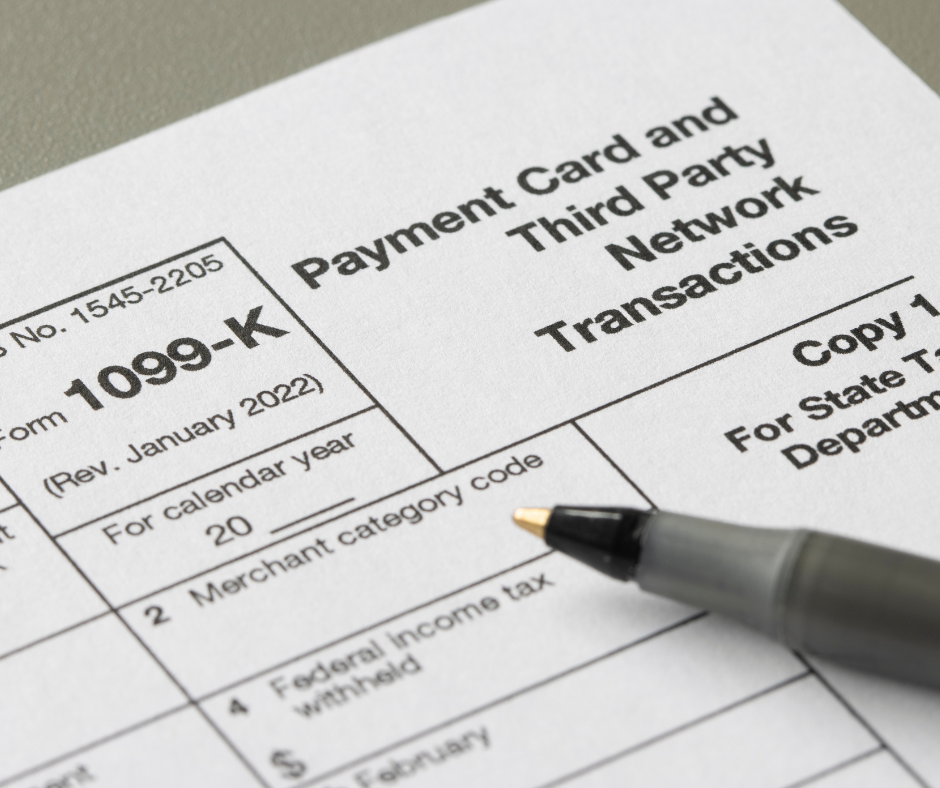Navigating Late Rent: A Tenant's Guide to Responsibly Addressing Financial Hurdles
Late rent can be a stressful situation for tenants, but with proactive communication and responsible actions, it's possible to navigate through these challenges. If you find yourself struggling to make your rent payment on time, here's a comprehensive guide on what tenants should do:
Communicate Early and Honestly:
The key to managing late rent is communication. As soon as you realize you may be unable to pay on time, reach out to your landlord immediately. Honesty about your situation is crucial, and many landlords appreciate tenants who communicate early rather than waiting until the due date has passed.
Understand Your Lease Agreement:
Review your lease agreement to understand the late payment policies and any potential penalties. Knowing the terms upfront can help you plan and address the issue more effectively. Some leases may have a grace period or late fee structure, so be aware of these details.
Propose a Payment Plan:
If your financial setback is temporary, consider proposing a reasonable payment plan to your landlord. Breaking the overdue amount into smaller, manageable installments can demonstrate your commitment to meeting your financial obligations.
Explore Financial Assistance:
Look into local resources or programs that may provide financial assistance to tenants facing difficulties. Some communities have support systems or emergency funds designed to help individuals struggling with rent payments.
Document Your Situation:
Keep a record of any communication with your landlord, including emails, text messages, or letters. If you discuss your situation over the phone, consider sending a follow-up email summarizing the conversation. This documentation can be useful if any disputes arise later on.
Avoid Ignoring the Issue:
Ignoring the problem won't make it go away and may worsen the situation. Proactively addressing late rent demonstrates responsibility and a commitment to resolving the issue. Most landlords appreciate tenants who take the initiative to communicate and find solutions.
Seek Legal Advice if Necessary:
If your financial challenges are prolonged and you're at risk of eviction, consider seeking legal advice. Tenant rights vary by location, and understanding your legal standing can help you make informed decisions.
Learn from the Experience:
Use this situation as an opportunity to evaluate your financial habits and budgeting skills. Consider creating an emergency fund for future unforeseen circumstances, and explore ways to enhance your financial resilience.
Remember, the key to successfully navigating late rent is open communication and a proactive approach. Landlords appreciate tenants who demonstrate responsibility and a genuine effort to address challenges. By taking these steps, you can work towards a resolution that benefits both parties and helps you maintain a positive relationship with your landlord.
Share this post















